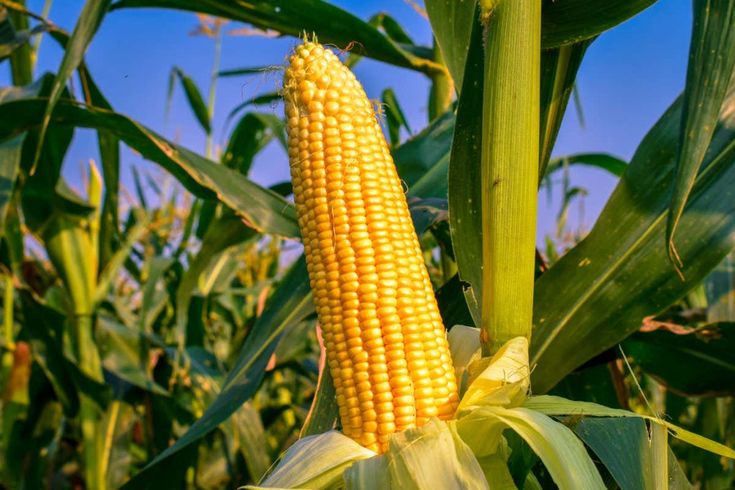Maize, also known as corn, is one of the most widely cultivated cereal grains in the world. Originating from Central America, it has become a dietary mainstay across continents, particularly in Africa, Asia, and the Americas. Beyond its role as a food staple, maize offers a host of nutritional, economic, and industrial benefits, making it a crop of immense value.
1. Nutritional Benefits
Maize is a rich source of carbohydrates, providing the body with energy to perform daily tasks. A single serving of maize offers dietary fibre, which supports digestion and promotes gut health. Whole maize, especially when eaten fresh or unrefined, also contains essential vitamins and minerals such as vitamin B1 (thiamine), vitamin B9 (folate), magnesium, and iron.
Moreover, maize is gluten-free, making it a suitable grain option for individuals with coeliac disease or gluten sensitivity. Yellow maize, in particular, contains beta-carotene, a precursor of vitamin A that supports healthy vision and immune function.
2. Versatility In Diet
From boiled corn-on-the-cob and popcorn to maize flour used in making traditional dishes such as ugali, sadza, or pap, maize adapts to various culinary preferences. It can be processed into cereals, tortillas, snacks, or beverages like maize beer, depending on the cultural context. The versatility of maize means it can be consumed in multiple forms, reducing food monotony in many households.
3. Economic significance
Maize is a vital cash crop for many farmers, especially in sub-Saharan Africa. It contributes significantly to rural livelihoods by offering employment across its value chain, from cultivation and processing to distribution and marketing. In many countries, maize production influences food security, pricing, and ..READ FULL ARTICLE>>





